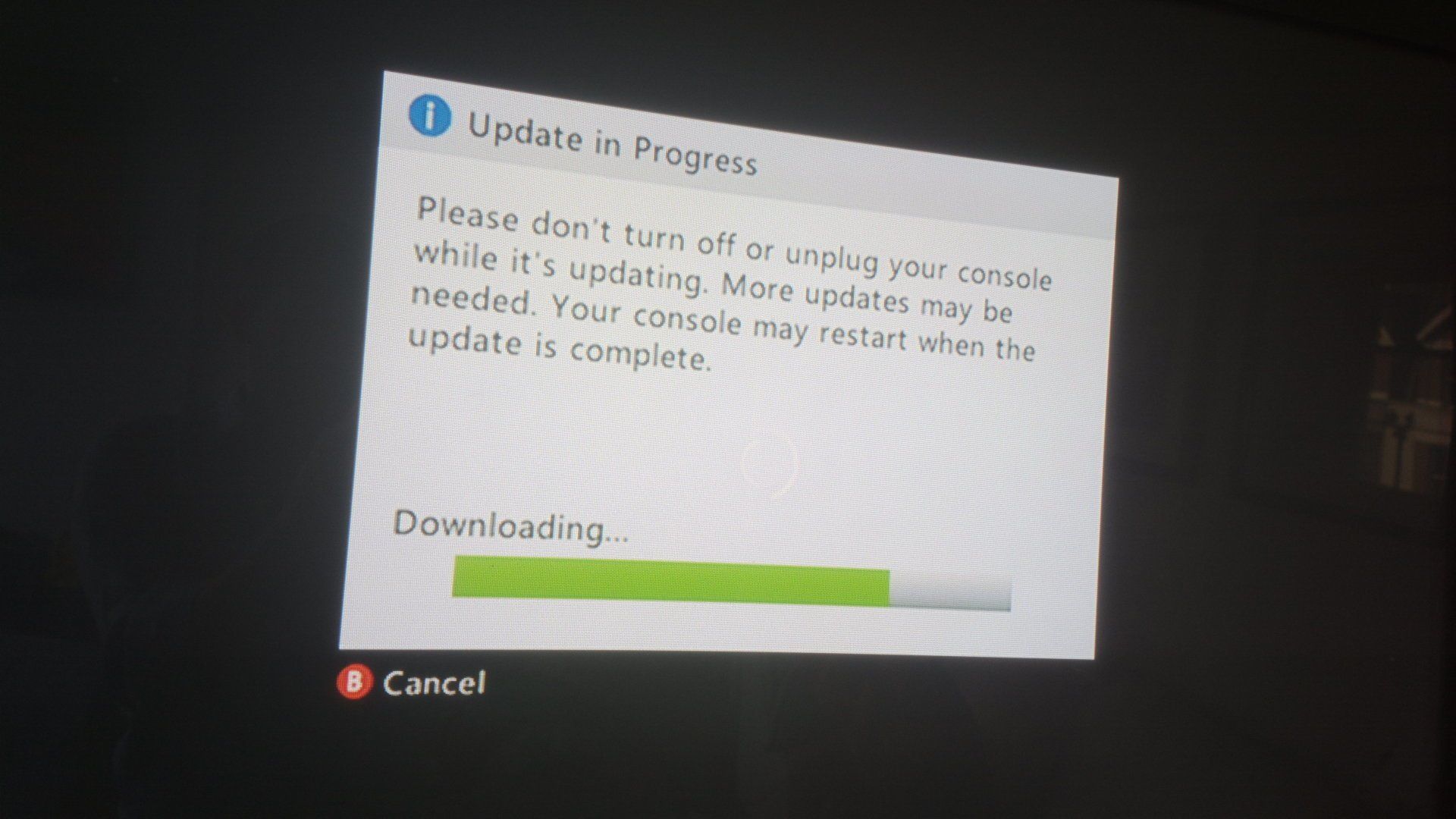Social Security and Divorce
“Did you know Social Security spousal benefits extend to certain ex-spouses who have gotten divorced?”
Almost 70% of unmarried retired Americans and nearly 50% of married retired Americans count on Social Security benefits for half or more of their income, reports Yahoo! Finance in the article “3 Things to Know About Social Security if You’re Divorced.” Anyone facing retirement, especially if they are single, needs to know as much as possible about Social Security benefits and what they are entitled to receive.
Bear in mind that many people elect not to start collecting benefits, until long after they turn 62. There are good reasons for this. For every year that people delay taking their Social Security benefits from between age 62–70, they’ll receive roughly 8% more in their monthly check. If you expect to live a long time, the longer you can delay claiming benefits, the better.
Full Retirement Age (FRA) has changed, and now you won’t reach FRA, until sometime between the ages of 65 (if you were born in 1937 or before then) to 67 (for anyone born in 1960 and later).
Remember, it doesn’t matter if your ex has begun taking Social Security benefits — just whether they are eligible to do so. Your ex-spouse’s marital status doesn’t matter either. They might be remarried, divorced, widowed, etc. That doesn’t have any bearing on your ability to file a claim, or the amount of the claim. Your claim won’t have any impact on your ex’s benefits or their new married partner’s benefits.
What does matter: if your ex has not yet applied for Social Security benefits, there is a requirement that you need to have been divorced for at least two years, before you can receive the spousal benefit.
Here are three key things you need to know about filing for Social Security if you’re divorced:
- If you’ve remarried, you can’t claim benefits on an ex-spouse’s Social Security. If you remarried and then divorced again, you can claim spousal benefits, as long as the second marriage lasted ten years.
- To claim spousal benefits, you must be 62 or older.
- You must also be entitled to a benefit that is smaller than your ex’s work would qualify you to receive.
How can you find out what your benefits would be, and what your spousal benefits would be? To receive Social Security, you need a work history that earns a total of 40 lifetime work credits. This is based on income and time. Four work credits are the most you can earn in one year, even if you are earning millions. Once you qualify, an earnings history kicks in to determine the amount you are entitled to. The benefits are calculated on the 35 highest-income, inflation-adjusted years. If you’ve worked fewer than 35 years, $0 is averaged into the monthly payout calculation for every year under the 35 years.
Spousal benefits are determined by computing your work and earnings history and your ex’s work history and salary history. If you are qualified for a spousal benefit, the benefit is 50% of your ex’s FRA, if you began taking benefits at your FRA. Let’s say your ex is eligible for $2,000 a month in Social Security benefits. You’d get $1,000. If your ex delays receiving Social Security benefits past their FRA, the increasing amount is not applied to your spousal benefit.
If you have a healthy work and earnings history of your own, the Social Security Administration will pay your own retirement first, and then compute your potential benefit from your ex’s work and earnings history. With that information, the SSA will adjust the benefit to ensure that you receive the higher amount.
Here’s a way to max out your Social Security benefit, if you meet the requirements to do this: take just the benefit for yourself as a divorced spouse and delay taking your own. That way, you can receive that 8% annual hike in your benefit. However, if your birthday is Jan. 2, 1954 or later, that option is phased out.
Reference: Yahoo! Finance (Feb. 16, 2019) “3 Things to Know About Social Security if You’re Divorced”










